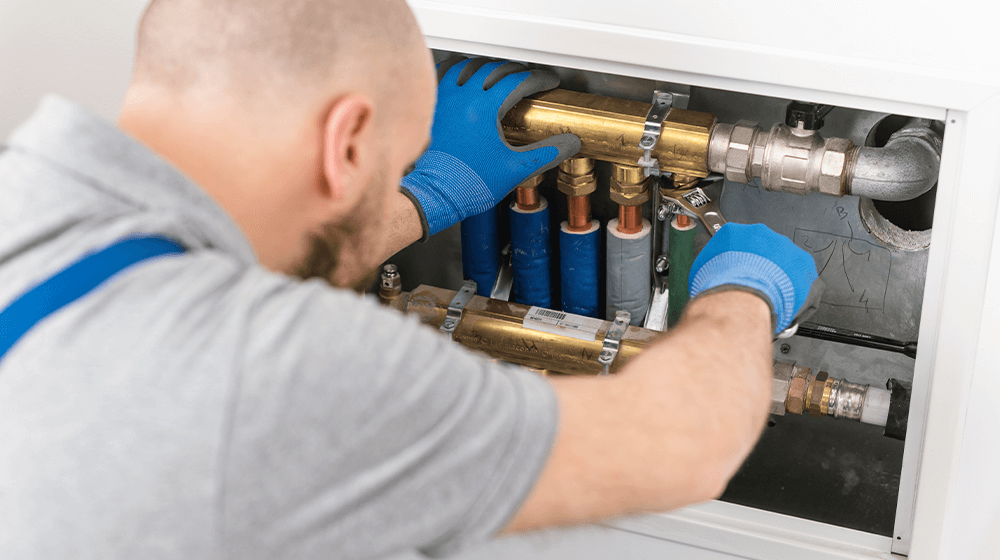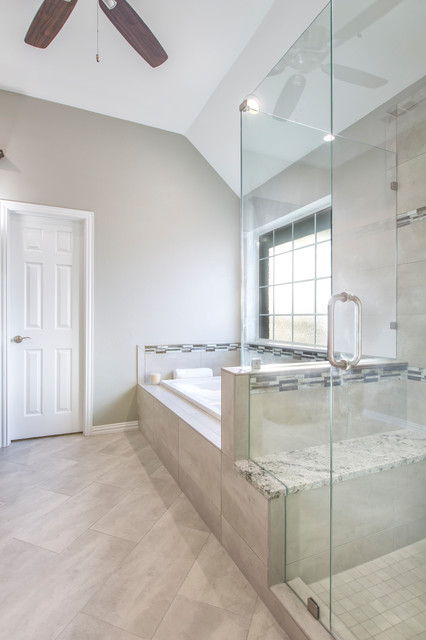This article down below relating to 7 Plumbing Industry Trends You Need To Know is quite fascinating. Don't miss it.

Introduction
The pipes industry is undertaking a transformative phase driven by technical improvements and growing problems for sustainability and effectiveness. This short article explores emerging fads and advancements forming the future of plumbing.
Governing Landscape
Regulative structures play an important duty in shaping the fostering of plumbing advancements, with criteria and codes governing every little thing from water efficiency to item security. As technologies continue to evolve, governing bodies need to adjust to ensure consumer security and ecological stewardship.
Future Overview
The future of plumbing is defined by proceeded innovation and assimilation with various other industries such as IoT, renewable resource, and structure automation. By accepting lasting practices, leveraging emerging technologies, and focusing on user-centric design, the plumbing industry is poised to attend to the advancing needs of society while minimizing its environmental footprint.
Enhanced Truth in Pipes
Increased Fact (AR) modern technology is transforming pipes by giving technicians with real-time visual assistance for fixing and repair service tasks. AR-enabled wise glasses or mobile applications overlay digital details onto the physical setting, aiding plumbers visualize pipe layouts, recognize surprise leakages, and implement repair work with precision.
Impact of 3D Printing
The advent of 3D printing has actually presented brand-new possibilities in manufacturing plumbing elements. From custom-designed components to detailed pipeline fittings, 3D printing allows for quick prototyping and on-demand manufacturing, minimizing preparations and allowing higher customization in pipes style.
Health and Safety Features
In feedback to increased issues for health and safety, pipes fixtures are integrating functions such as antimicrobial surfaces, touchless procedure, and self-cleaning systems. These innovations not only improve hygiene yet likewise advertise user convenience and comfort.
Hygiene-focused Fixtures
Touchless taps, self-sanitizing toilets, and antimicrobial surface areas are ending up being significantly widespread in property and commercial setups, reducing the threat of germ transmission and advertising a cleaner, healthier atmosphere.
Water High Quality Monitoring
Innovations in water high quality surveillance modern technologies make it possible for homeowners to keep track of the pureness and safety of their water supply in real-time. Smart water high quality sensing units can spot impurities, pH levels, and temperature level variations, equipping users to take aggressive measures to make sure water safety and security.
Remote Plumbing Providers
Remote diagnostics and virtual assistance are changing the means pipes services are supplied. With video conferencing and remote access modern technologies, plumbing professionals can repair concerns, give assistance for DIY fixings, and even perform remote assessments, supplying better accessibility and comfort to property owners.
Obstacles and Opportunities
While plumbing technologies hold enormous pledge, they also present obstacles such as data personal privacy concerns, regulative conformity, and the demand for labor force training. Attending to these difficulties requires cooperation in between industry stakeholders and regulatory bodies to make sure secure and accountable implementation of new innovations.
Smart Pipes Equipments
Incorporating smart technology into pipes systems enables remote monitoring, leakage discovery, and automated upkeep. Smart sensing units and IoT (Internet of Things) devices allow homeowners and plumbers to keep track of water usage and spot issues in real-time, leading to much more reliable source management and proactive upkeep.
Water Efficiency Solutions
With increasing focus on water preservation, cutting-edge options are being developed to reduce water wastefulness in pipes systems. High-efficiency fixtures, greywater recycling systems, and clever irrigation controllers are amongst the modern technologies aiding consumers decrease their water footprint while maintaining comfort and convenience.
Lasting Products
The shift towards sustainability reaches plumbing materials, with an expanding choice for eco-friendly alternatives. Eco-friendly piping materials, such as PEX (cross-linked polyethylene) and HDPE (high-density polyethylene), deal durability and resistance to deterioration without compromising environmental integrity.
Anticipating Maintenance
Anticipating maintenance strategies take advantage of information analytics and machine learning algorithms to expect and prevent plumbing issues before they happen. By assessing historic information and performance metrics, anticipating maintenance algorithms can identify patterns and abnormalities, making it possible for aggressive interventions to avoid expensive fixings and disruptions.
Conclusion
Finally, the future of plumbing is defined by a merging of innovation, sustainability, and user-centric layout. By welcoming wise solutions, sustainable materials, and aggressive maintenance methods, the pipes market can improve performance, promote security, and contribute to a much more sustainable future.
Plumbing Technology Trends 2024: Shaping a Sustainable and Efficient Future
Plumbing Technology: A Beacon of Innovation
Intelligent Plumbing Systems: The adoption of smart plumbing solutions offers unparalleled control over water usage, preventing waste and ensuring optimal efficiency. These systems can be installed by qualified contractors and may require technicians with expertise in new codes for proper functionality. Eco-Friendly Piping: Innovations in piping materials, like PEX and recycled content options, are making plumbing systems more sustainable. These materials are not only better for the environment but also durable and flexible, making them easier to install and less likely to need repairs. Automated Leak Detection: New plumbing technologies include systems that can automatically detect leaks. This is a big deal because it means we can fix them before they cause a lot of damage or waste too much water. It’s all about catching problems early and saving resources. Energy-Efficient Water Heaters: There’s also a big push towards devices that use less energy. This includes solar and tankless models, which provide hot water only when it’s needed, cutting down on energy use and costs. Plumbers: Champions of Sustainability
Adopting Green Practices: Contractors who specialize in sustainable plumbing can ensure your system meets the latest regulations and utilizes efficient valves. They undergo comprehensive training programs that emphasize sustainability in practices like eco-friendly installations. Water Conservation Efforts: Through the installation of high-efficiency appliances, plumbers are essential in reducing water consumption and promoting conservation. When repairing or replacing older fixtures, plumbers can recommend high-efficiency options that comply with local codes. Pipe: The Lifeline of Modern Plumbing
Innovative Pipe Solutions: The use of environmentally friendly and durable materials in pipes, like PEX and recycled content options, reduces the ecological footprint and enhances water quality. These innovative pipe solutions may require specialized repair techniques from qualified plumbers familiar with the materials. Advanced Leak Detection: Modern pipes are now more frequently equipped with sensor technology that can identify leaks early, conserving water and preventing damage. Early leak detection can save homeowners money on repair costs and potential water damage. Water Heater: At the Forefront of Efficiency
Renewable Energy Heaters: Solar heaters and other renewable energy-powered models are becoming more common, offering an eco-friendly alternative to traditional methods. These benefit the environment but can also potentially lead to lower water bills through reduced energy use. On-Demand Heating: Tankless heaters have gained popularity for their ability to provide hot water as needed, minimizing energy waste. This innovative technology eliminates the need for a large storage tank, freeing up valuable space and simplifying the installation process for qualified plumbers. https://intownplumbingtx.com/articles/plumbing-technology-trends/

I hope you liked our piece on 7 Plumbing Industry Trends You Need To Know. Thank you for taking a few minutes to read our piece of content. Enjoyed reading our blog posting? Please share it. Let another person discover it. Thank you for being here. Kindly pay a visit to our blog back soon.
Information